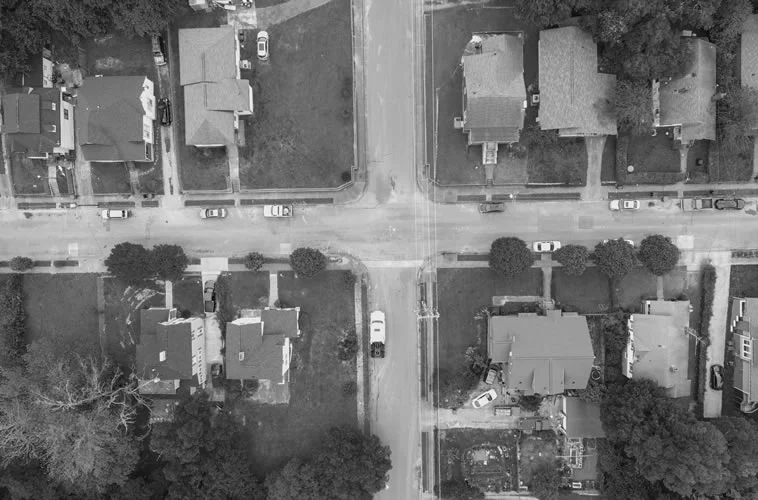
A reverse mortgage is a loan against your property. Homeowners age 62 or older can tap into the equity in their home and receive monthly payments or a line of credit. Unlike a traditional mortgage, which requires monthly loan payments, a reverse mortgage doesn’t require repayment of the loan until the borrower dies or sells the home.
This is often where the problem occurs. When the homeowner passes, beneficiaries may not be aware that a reverse mortgage was in place when suddenly a large payment comes due. Reverse mortgage companies may threaten foreclosure if the owner has passed away if the loan isn’t repaid immediately. Beneficiaries who want to keep the property will not be able to refinance the reverse mortgage with a conventional lender if they are not already on the title or if the property is in an irrevocable trust.
HCS Equity offers loans to pay off reverse mortgages in California. This provides increased flexibility for executors and beneficiaries to hold onto the property after the owner passes.
How To Pay Off Reverse Mortgages
The answer to the question “can a reverse mortgage be paid off” is not only yes, but it must be paid off when the homeowner dies.
One way to pay off a reverse mortgage is to sell the property. The proceeds are then used to repay the reverse mortgage in full. However, if you want to hold onto the property, you will need to come up with the cash to pay off the reverse mortgage.
Reverse mortgages have tight time requirements for paying off the loan once the homeowner has passed away. Estates turn to HCS Equity to secure a loan which provides time to find permanent financing, buy out other beneficiaries, or sell the home at a later date.
For more than 15 years, we have provided specialized financing to trustees, beneficiaries, admins, trust and estate attorneys, fiduciaries, guardians, and conservators. HCS works directly with a trustee or executor to solve financial problems, including buyouts and reverse mortgages, by providing trust loans utilizing the property as collateral. Loans can be funded within 7 to 10 business days, which allows enough time to pay off an existing balance for a reverse mortgage.
How Common Are Reverse Mortgages?
Reverse mortgages are more common than you might think. More than a third of older Americans view their homes not just as a place to live, but as collateral for a loan, according to a MetLife Mature Market Institute study.
Reverse mortgages are also growing in popularity. The overall market for reverse mortgages in the U.S. is now valued at more than $67 billion and has been growing at an average annual rate of 4.8% per year over the past five years.
Older Americans have seen a significant rise in debt in recent years. The total debt burden for those age 70 and older has risen a shocking 543%, according to data from the Federal Reserve Bank NY. Americans age 60 and older have also seen debt levels rise during the past decade by as much as 471%. This has led many seniors to consider reverse mortgages as a solution.
As older Americans are living longer, they may draw down reverse mortgages if they are taking monthly payments, which can leave estates with even larger loan amounts to repay.
If the owner passes away, the reverse mortgage can be a burden on their heirs, who are forced to make a quick decision on whether to repay the loan or sell the property. In many cases, beneficiaries may face considerable stress when making significant financial decisions at the same time as they are dealing with the loss of a loved one.
Another common situation that arises is that there are multiple beneficiaries. Oftentimes, this can result in difficult negotiations. Some may want to keep the home or occupy it themselves. Others may want to sell it to realize any potential gains.
The lender who originally provided the reverse mortgage, however, only cares about getting repayment for the loan they made. To complicate matters, beneficiaries that are not already on the title are unable to take out a traditional loan or mortgage against the property. The only option is for the trust or estate to borrow money against the property to repay the lender.
Contact HCS Equity to Learn More
At HCS Equity, we work directly with the trustee or executor of an estate and attorneys to quickly create liquidity to solve financial problems, such as repayment of a reverse mortgage or to fund buyouts of heirs. We can also help provide emergency funds, stop foreclosure, or handle other needs such as taxes, medical expenses, property repair and rehabilitation, or disposition.
For more information, contact HCS Equity online today or by calling us at (844) 394-9300.
Disclaimer
This blog post is intended for informational purposes only. It should not be interpreted as financial, legal, or tax advice. HCS Equity assumes no responsibility for any actions taken based on the information contained herein.










